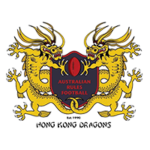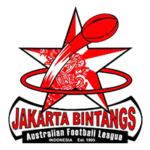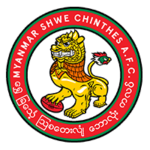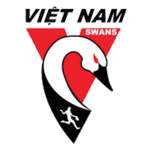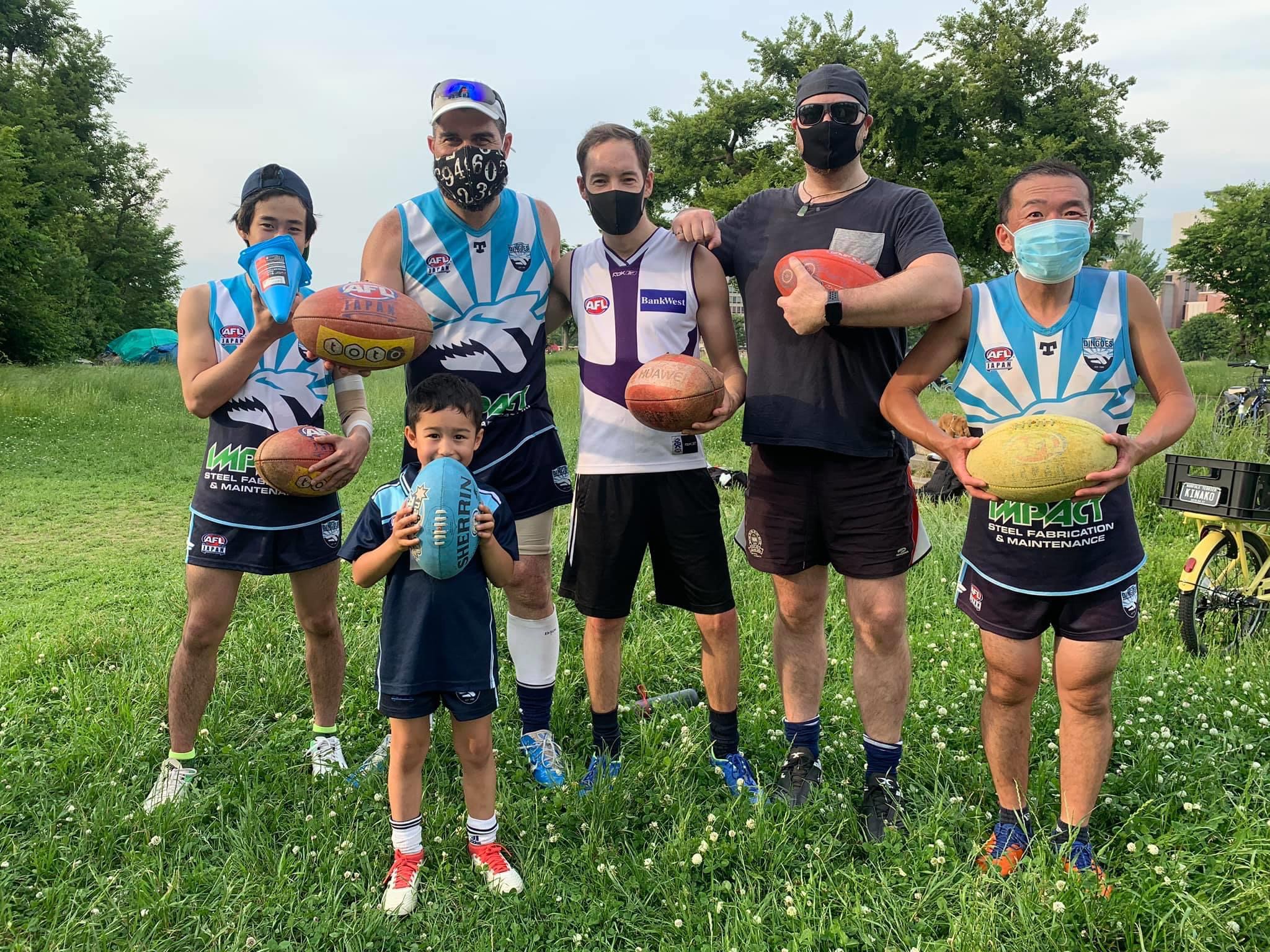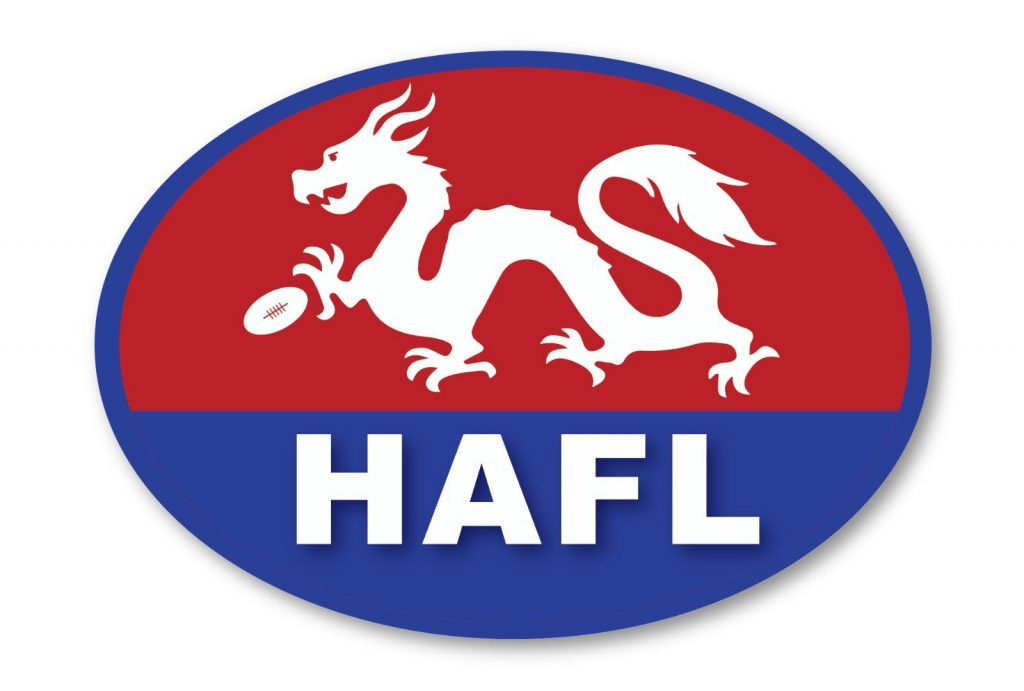After months of the pause button being on within Asian footy, there’s light at the end of the tunnel, with a number of clubs returning to the training track in recent times.
The Shanghai Tigers were the first team in Asia to press the restart button on their season whilst the rest of the world was shutting down on April 22nd. The Tigers were certainly the envy of the AFL Asia family craving a return to normality.
The Vietnamese government should be highly commended for their approach to COVID-19 as they literally nipped it in the bud, which in turn allowed the Vietnam Swans an early return to the training track on May 9th.
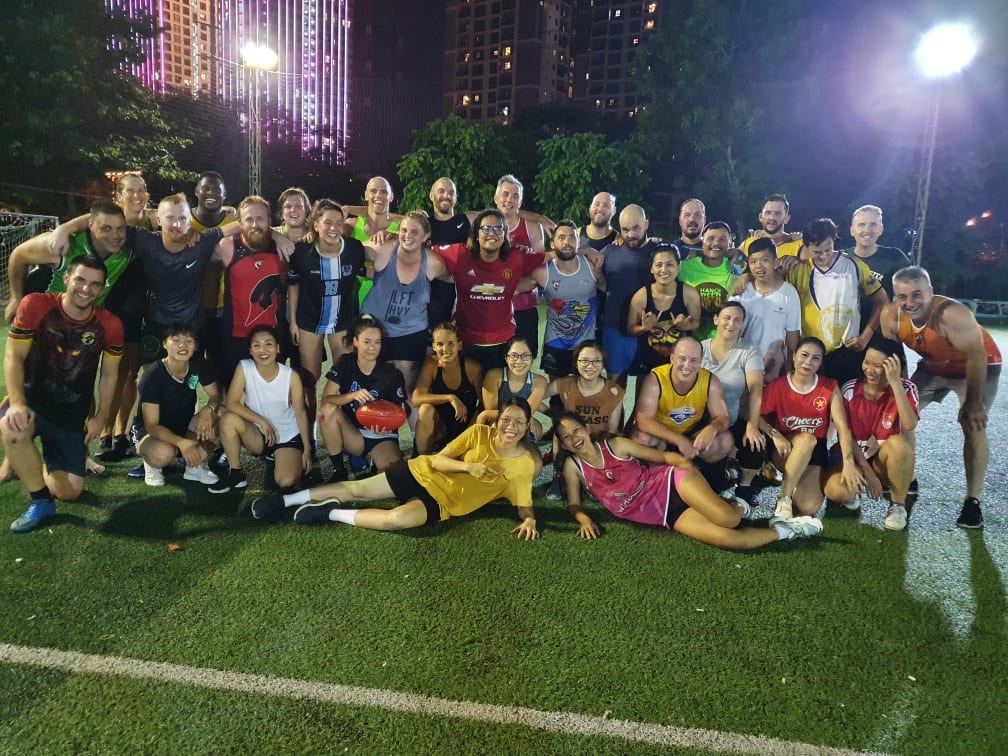
Numbers in Hanoi have been the best in years, can these translate onto the field vs Men’s & Women’s squads from the South?
As travel restrictions are still in place throughout the region the Vietnam Swans have turned their attention to holding a North vs. South game on July 4th, which will see the Saigon Saints travel up to the nation’s capital and take on the Hanoi Hawks – It’s guaranteed to be a fiery affair!
AFL Japan-based club the Osaka Dingoes were the next cab off the rank and hit the training track on May 30th as public gatherings were increased in the region. However, many Tokyo-based clubs have postponed their training resumption due to fears of a secondary wave of COVID-19 in the greater Tokyo.
The Singapore Wombats were very inventive during their enforced lockdown, often hosting Zoom trainings sessions to keep their male and female players engaged and fit. The Wombats made their long awaited return to regular training on June 13th.
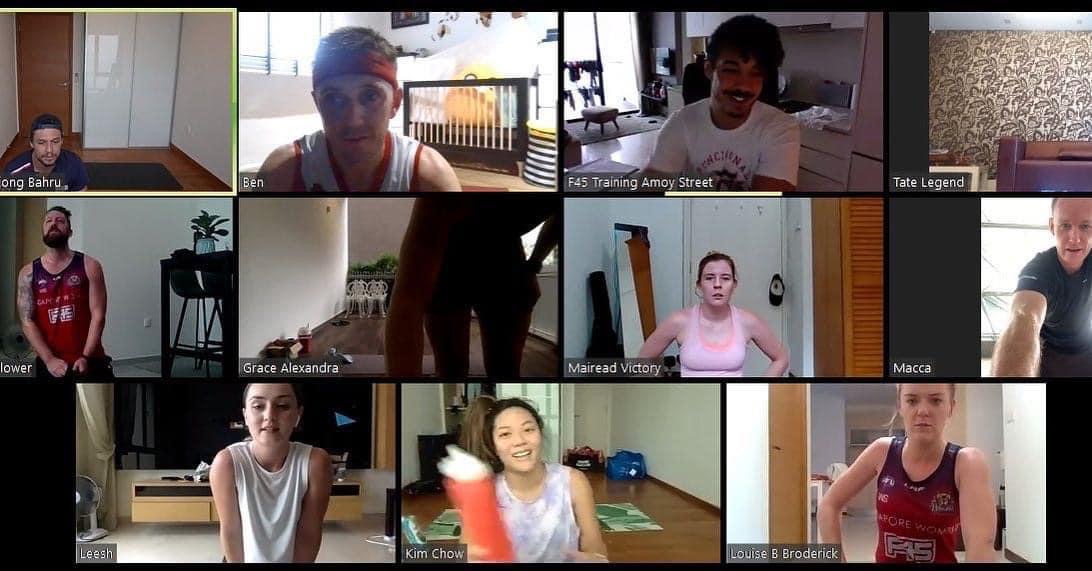
Covid-19 has forced changes to so many parts of everyday life. The Singapore Wombats used technology to stay active through the lockdown.
The Hong Kong Dragons are one of the biggest clubs in Asia and were out in their masses when footy finally returned on June 23rd with 47 eager Dragons on the training track.
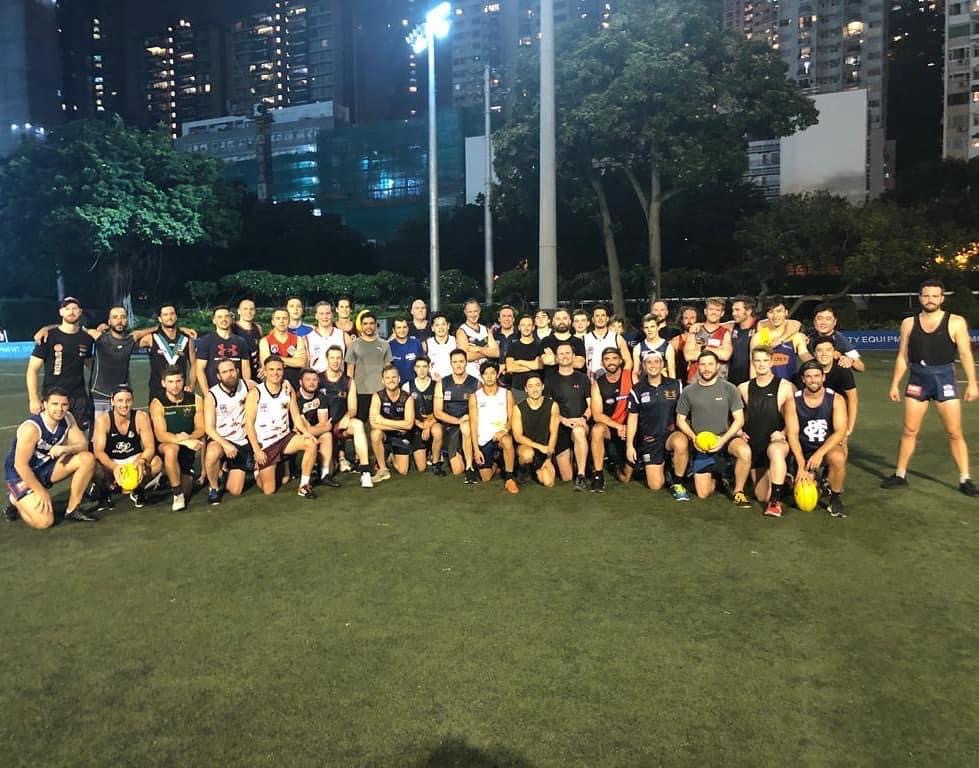
Players in Hong Kong welcomed the return of footy en masse. What a turnout for the first session back!
Due to travel restrictions to and from Guangzhou, China the 2020 Southern China AFL season has been called off. Despite this the Hong Kong Dragons will instead place their focus on a three-team domestic season under the HAFL banner, which is expected to kick off in the coming weeks.
With travel restrictions likely to remain over the coming months, we expect more domestic leagues, games and/or tournaments to take place and fill the void of planned tours that were previously organised prior to the COVID-19 outbreak.











